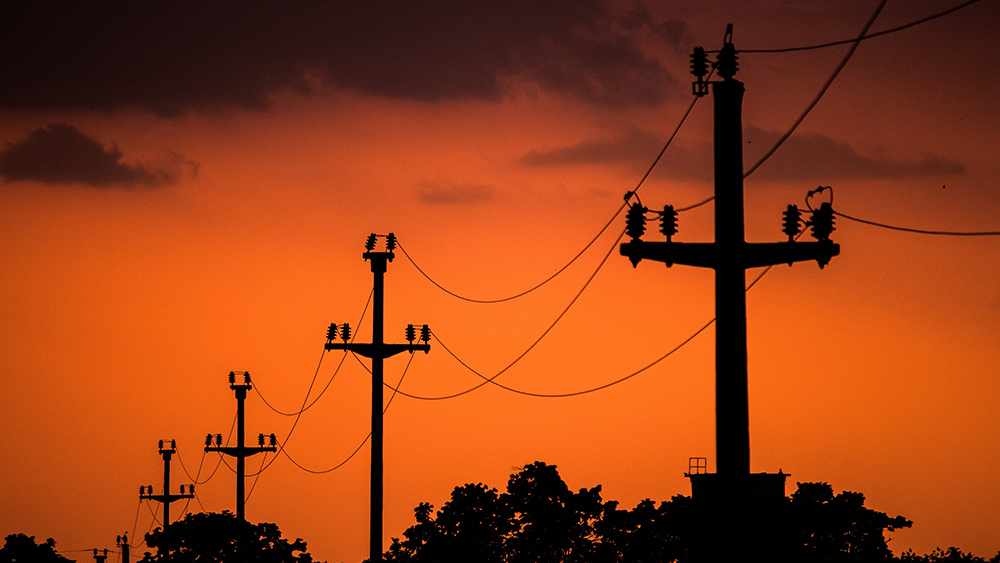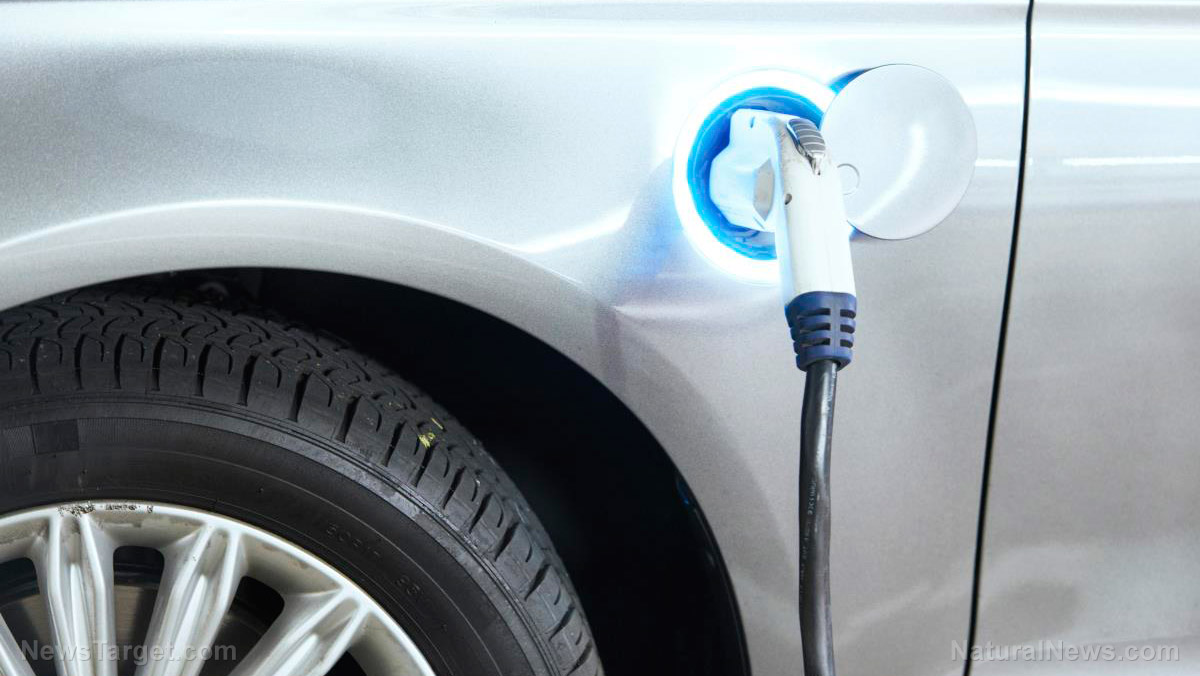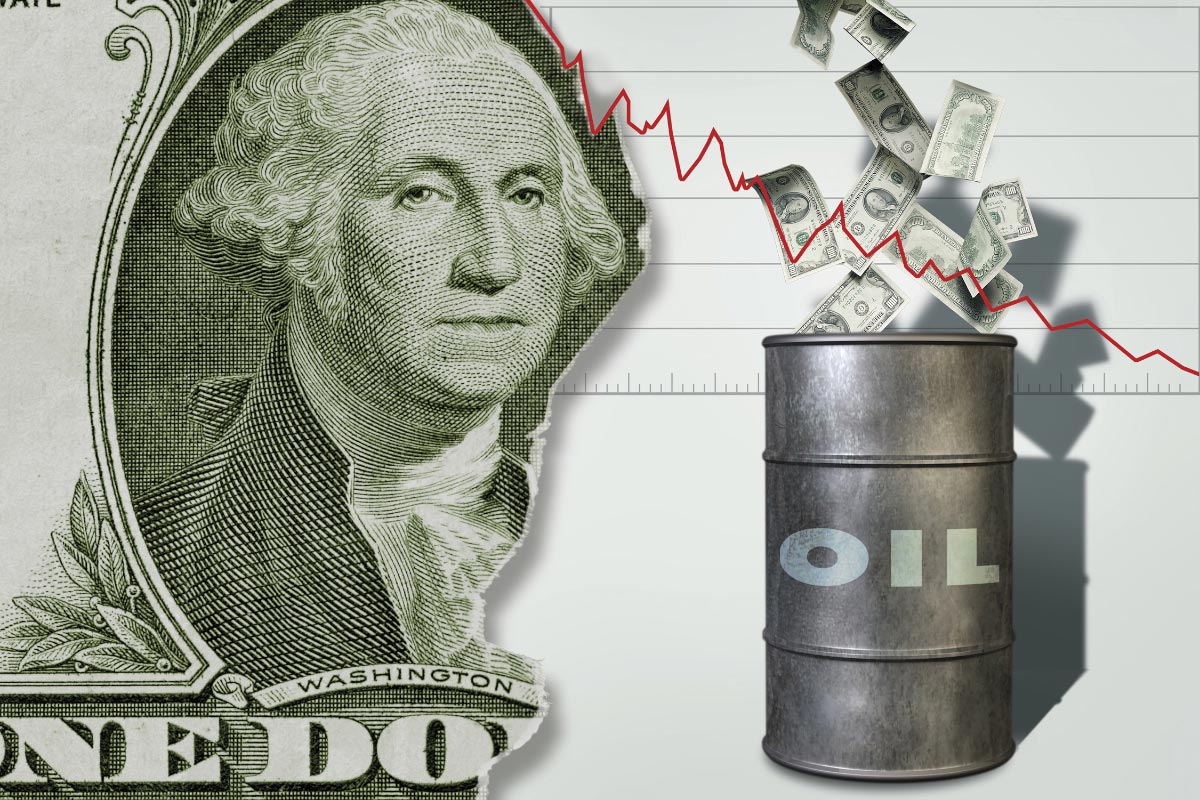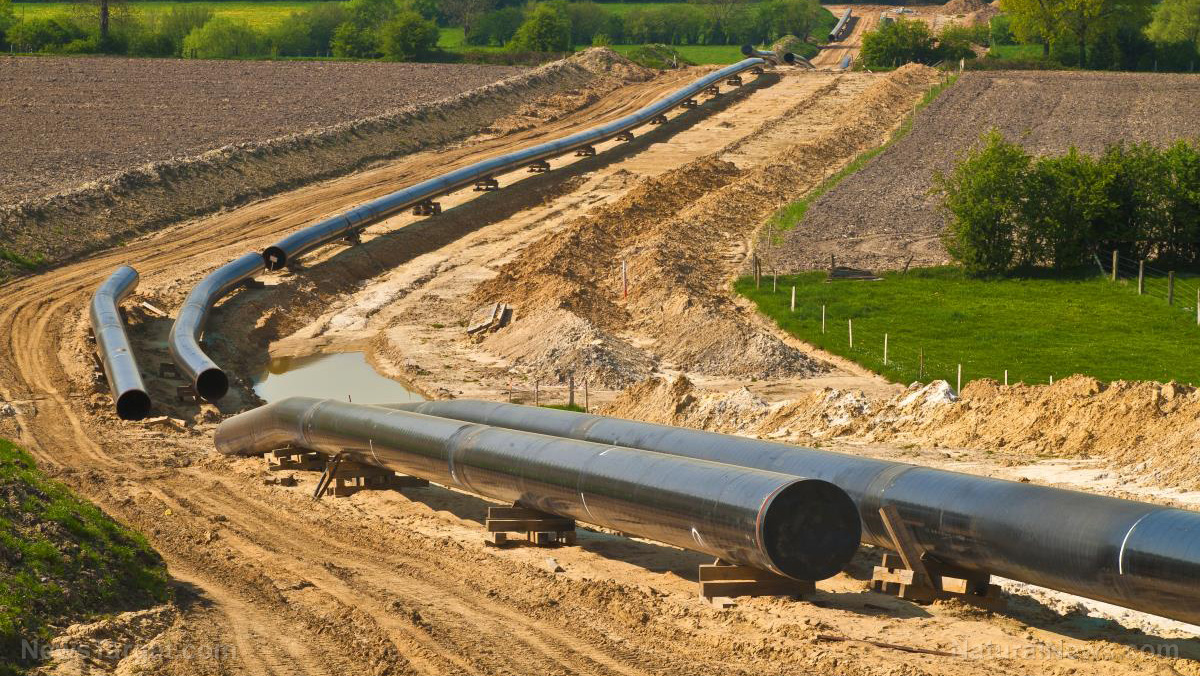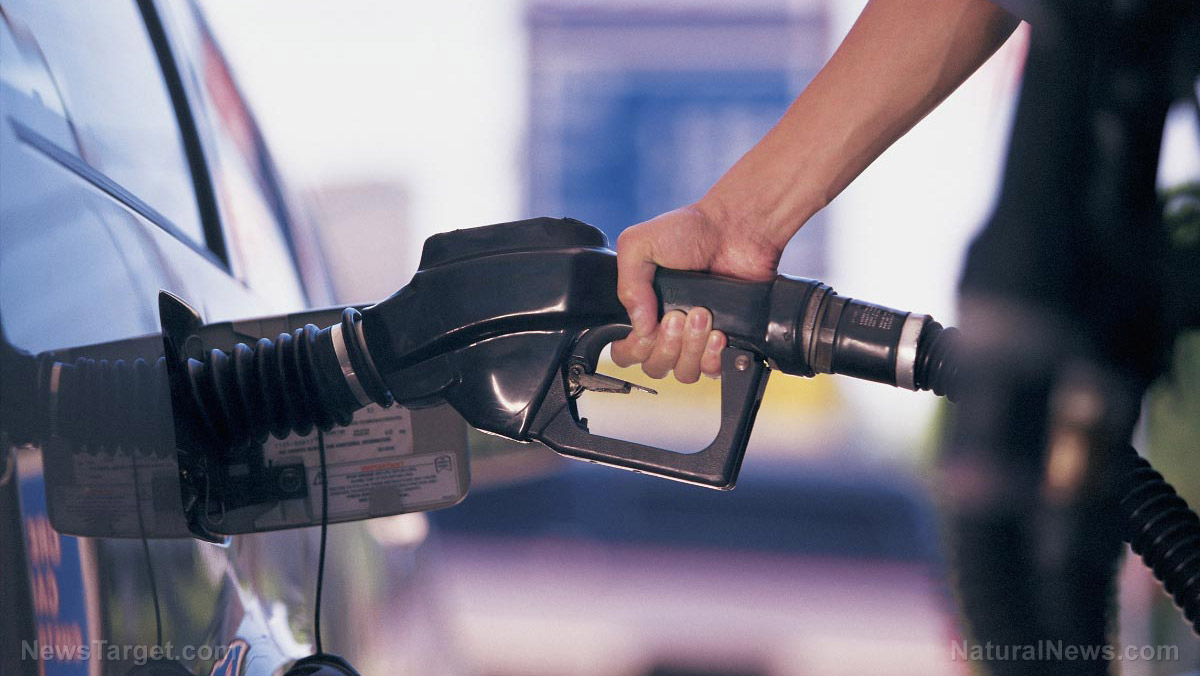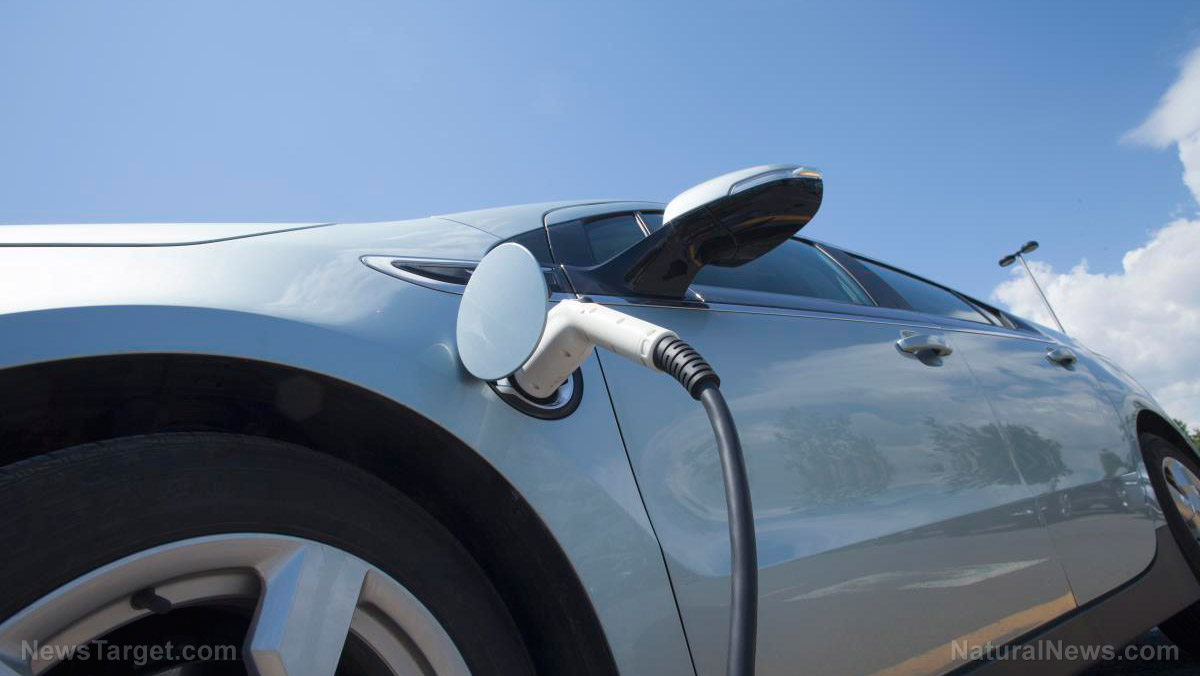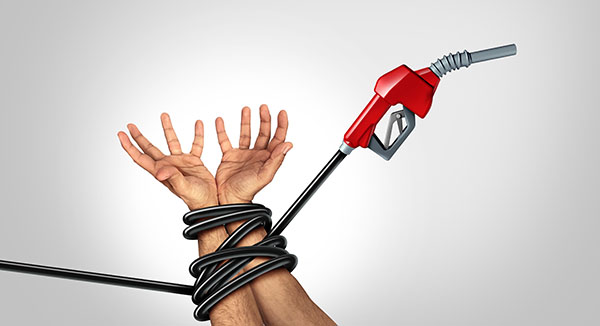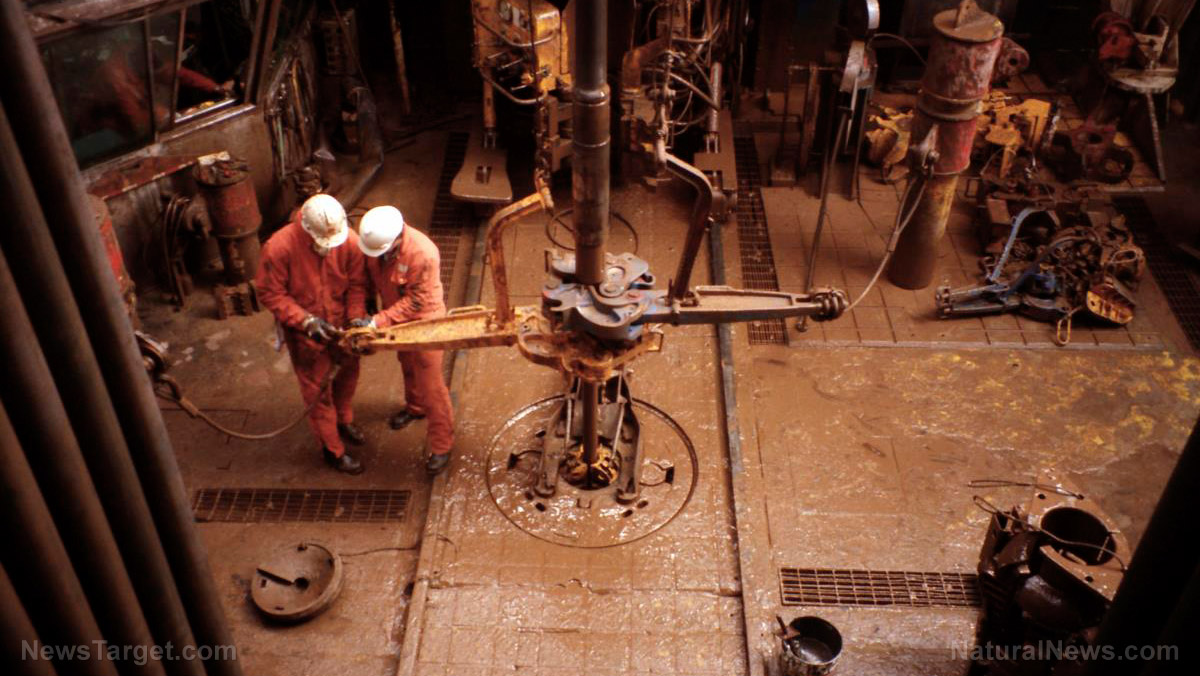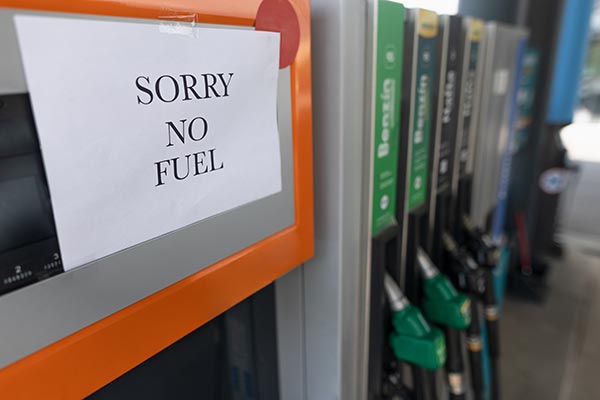EU undermining its own sanctions against Russia by buying as much Russian diesel as it can before ban begins
11/28/2022 / By Arsenio Toledo
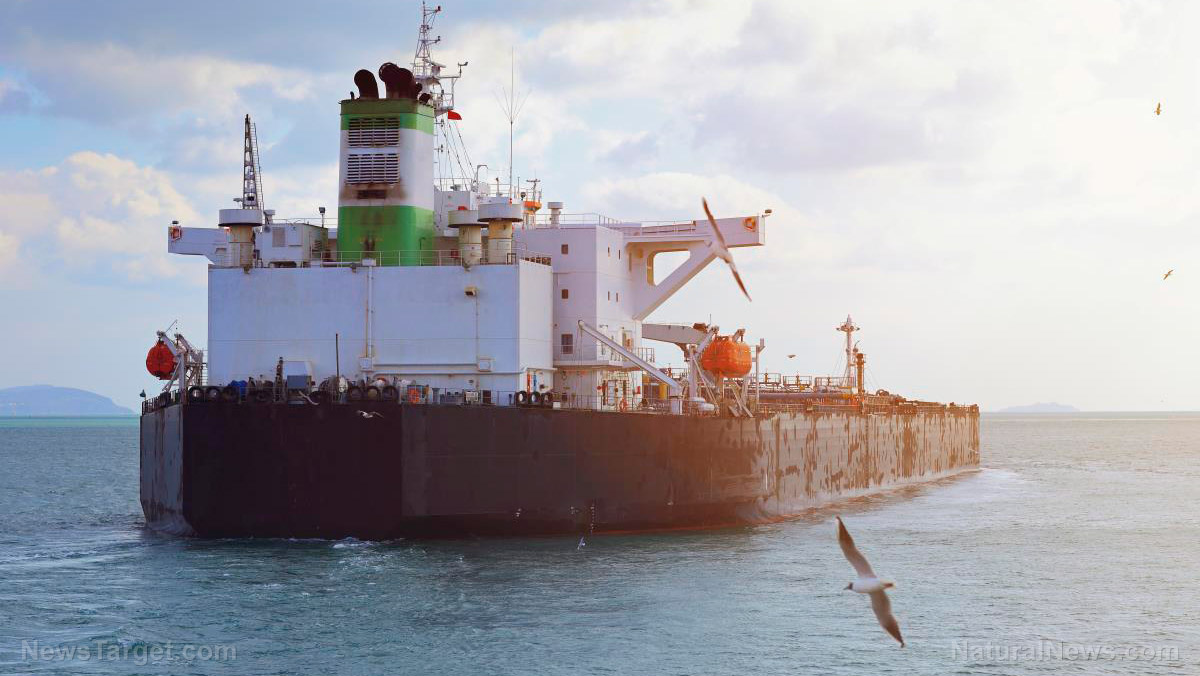
The European Union is undermining its own sanctions against Russia by purchasing as much Russian diesel fuel as it can get its hands on before the ban on buying Russian oil and gas products begins.
The EU relies heavily on Russian oil products for its diesel. A ban on Russian oil is set to begin on Feb. 5, two months after a ban on Russian crude is set to take effect. (Related: ENERGY REDIRECTED: Two-thirds of Russian seaborne oil exports are now going to Asia.)
Before the ban on diesel takes effect, European buyers are on a mission to increase their inventories to a level that they feel will carry them safely through the winter and beyond.
According to Pamela Munger, senior market analyst for the London-based energy consulting firm Vortexa, Russian diesel loadings from Nov. 1 to 12 destined for the Amsterdam-Rotterdam-Antwerp (ARA) storage region in the Netherlands and Belgium rose to 215,000 barrels per day (bpd). This is up by 126 percent from the same period in October.
“Those that can, will buy Russian and stockpile. Gas-to-oil switching has added to demand and we’re switching to winter diesel. This is one of the factors why Russian stuff is not as cheap as it used to be,” noted one European trader in an interview with Reuters.
EU will have to figure out how to replace Russian diesel
Around 44 percent of Europe’s road fuel imports so far in November come from Russia, a big jump from the 39 percent in October, according to market research company Refinitiv.
With few immediate cost-effective alternatives, the EU has no choice but to keep relying on Russian diesel. Nevertheless, the continent has been spending the months following the outbreak of Russia’s special military operation in Ukraine to divest from Russian oil. Since February, European reliance on Russian oil has fallen by more than 50 percent, but Russia is still the continent’s largest diesel supplier.
“The EU will have to secure around 500,000 to 600,000 bpd of diesel to replace the Russian volumes; replacements will come from the US as well as east of Suez, primarily the Middle East and India,” said Eugene Lindell, market analyst for energy consultancy FGE to Reuters.
Roughly 500 million barrels of diesel a year get delivered by ship, with around half of that typically loaded at Russian ports. It will be extremely difficult for Europe to find alternative sources of diesel once the ban goes into effect as no other country in the world can provide the continent with sufficient quantities of diesel at a low cost the same way Russia can.
Global diesel prices have already risen by 70 percent compared to the same time last year. Furthermore, Europe’s domestic diesel production is falling far short of meeting the continent’s demand. This became even worse following a key European refinery shut down that erased 3.5 million bpd of diesel from the market.
Learn more about the energy crisis and anti-Russian sanctions at EnergySupply.news.
Watch this clip of Mike Adams, the Health Ranger, speaking with Steve Bannon about how Germany is preparing for possible civil unrest due to the energy crisis caused by anti-Russian sanctions.
This video is from the NewsClips channel on Brighteon.com.
More related articles:
US-EU price cap on Russian oil threatens India’s crude imports and economic growth.
The Netherlands is withdrawing sanctions against Russia WITHOUT EU permission.
Qatar refusing to divert gas flows to Europe due to existing contracts with Asian customers.
Hungary, Serbia building pipeline for Russian oil and gas to dodge EU sanctions.
Sources include:
Submit a correction >>
Tagged Under:
banned, big government, chaos, collapse, diesel, diesel supply, energy, energy crisis, energy supply, European Union, fuel supply, oil exports, oil trade, panic, power, power grid, rationing, Russia, sanctions, scarcity, supply chain
This article may contain statements that reflect the opinion of the author
RECENT NEWS & ARTICLES
NewEnergyReport.com is a fact-based public education website published by New Energy Report Features, LLC.
All content copyright © 2018 by New Energy Report Features, LLC.
Contact Us with Tips or Corrections
All trademarks, registered trademarks and servicemarks mentioned on this site are the property of their respective owners.

